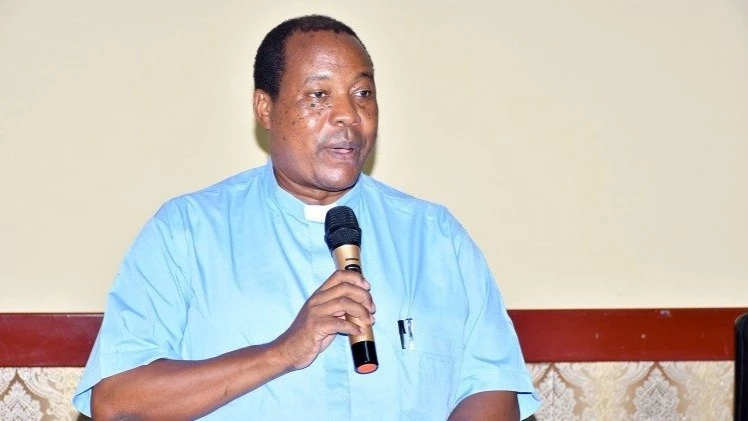Labour Day: Transporters seek security

LABOUR leaders believe that the government needs to intervene in the private transport sector to end the widespread use of informal employment practices that leave drivers vulnerable.
Ally Kimaro, the Tanzania Drivers Union (TADU) secretary general, said in an interview ahead of the May Day event that the absence of formal agreements leaves drivers without legal protections, social security or fair compensation.
He pointed at the lack of written contracts and the prevalent use of mobile money platforms for salary payments, which lacks transparency and skips proper tax deductions.
TADU asserts that only four out of approximately 300 private transport firms comply with national labour laws—leaving the vast majority of drivers without essential benefits such as return mileage and overstay allowances.
The latter issue applies especially for long-distance and cross-border routes to countries like the Democratic Republic of Congo, he specified.As Tanzania joins the rest of the world in marking Labour Day, workers across the country are using the occasion to reflect on progress, voice persistent concerns and renew calls for stronger protections and improved working conditions.
This year’s national level event taking place in Singida comes amid rising costs of living and lower expectations of accessing essential medicines. Tumaini Nyamhokya, the Trade Union Congress of Tanzania (TUCTA) chairman, urged stakeholders to treat Labour Day not just as a celebration but as a moment for accountability and meaningful reflection.
“Unlike previous years, Labour Day is now a moment for serious reflection—assessing what has been done, what hasn’t, and identifying the way forward,” he said. TUCTA has submitted unresolved concerns to the government but declined to reveal specifics in advance of the union’s official address.
“We’ve already communicated our issues to the government. Through our speech today, we’ll make clear what has not yet been addressed,” he stated. Beyond the transport sector, workers in education, construction and informal employment voiced similar concerns.
“Our wages have not kept pace with the cost of living,” said Amina Joseph, a teacher based in Dar es Salaam. “We need fair compensation that reflects the economic realities we face.”
Kheri Ali, a construction worker, raised alarm over unsafe working conditions. “We work in dangerous environments without adequate protective gear. The government must enforce safety standards to reduce injuries and fatalities,” he urged.
With a preponderant portion of Tanzania’s workforce operating in the informal sector, many workers remain excluded from basic protections and social safety nets. Street vendor Hassan Mwinyi highlighted the vulnerability of informal sector labour, that when one gets sick, there is no safety net. “We need laws that protect informal workers like me,” he said.
Workers also expressed the need for more effective and inclusive union representation, with Mariam Kiwia, a factory worker, emphasizing the importance of strengthening trade unions.
“We need unions that can effectively advocate for us. Our voices must be heard in decisions that affect our livelihoods,” she said. Despite the myriad challenges, workers acknowledged some progress, including government efforts to formalize jobs, raise the minimum wage and address occupational hazards.
“We recognize the steps taken so far, but more must be done,” said Anna Mkasi, chairperson of a local trade union. “Labour Day is a powerful reminder that workers’ rights must remain a national priority.”
As the country marks Labour Day, the message from workers is unified and resolute: Tanzania must build a more just and inclusive labour system—where decent pay, safe conditions and legal protections are guaranteed for all.
Top Headlines
© 2025 IPPMEDIA.COM. ALL RIGHTS RESERVED






















